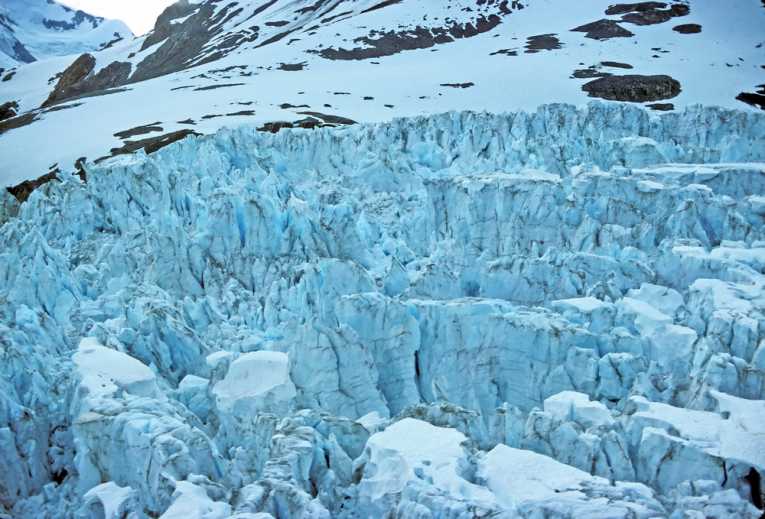Research conducted by the University of Florida has stated that normal glaciations are completely changing and behaving differently thanks to high levels of carbon dioxide that are now sitting within the Earth's atmosphere.
We are currently in a "warm period" that started approximately eleven thousand years ago but astronomical models suggest that we are just one and half thousand years away from entering another ice age. This is being challenged though by the amount of CO2 in our atmosphere which effectively traps heat. The research states that this trapping of heat could actually delay the next ice age by tens of thousands of years.
When you first hear that news it may sound good that we are delaying an ice age. However, the professor of geology at UF who was co-author of the research, Jim Channell, said, "Ice sheets like those in western Antarctica are already destabilized by global warming. When they eventually slough off and become a part of the ocean's volume, it will have a dramatic effect on sea level."
The research took into account astronomical models and previous climate change data. Fluctuations and "wobbles" in the Earth's orbit around the sun can cause fluctuations in whether we are experiencing warm periods or ice ages. Channell said, "We know from past records that Earth's orbital characteristics during our present interglacial period are a dead ringer for orbital characteristics in an interglacial period 780,000 years ago."

Carbon dioxide in the atmosphere via Shutterstock
The current model would suggest that we would enter a new ice age in just 1,500 years but the concentration of greenhouse gases in our atmosphere works to trap the heat that we receive from the sun which would drastically slow down the cooling that would normally occur naturally.
The levels of CO2 in our atmosphere now stands at 390 parts per million. Over the past million years this level has never exceeded 280 parts per million. Therefore the levels are substantially higher than they have ever been. "The problem is that now we have added to the total amount of CO2 cycling through the system by burning fossil fuels," said Channell. "The cooling forces can't keep up."
Channell made a point as to how important this study was. He said that it shows the startling effects that we are having on the natural cycle of our world and how we have changed the history of over a million years in just a few short generations. "We haven't seen this high concentration of greenhouse gases in the atmosphere for several million years," Channell said. "All bets are off."
Channell is hoping that the research will act as a warning that we need to change our ways as the amount of CO2 we are putting into the atmosphere is affecting us on a global level.










